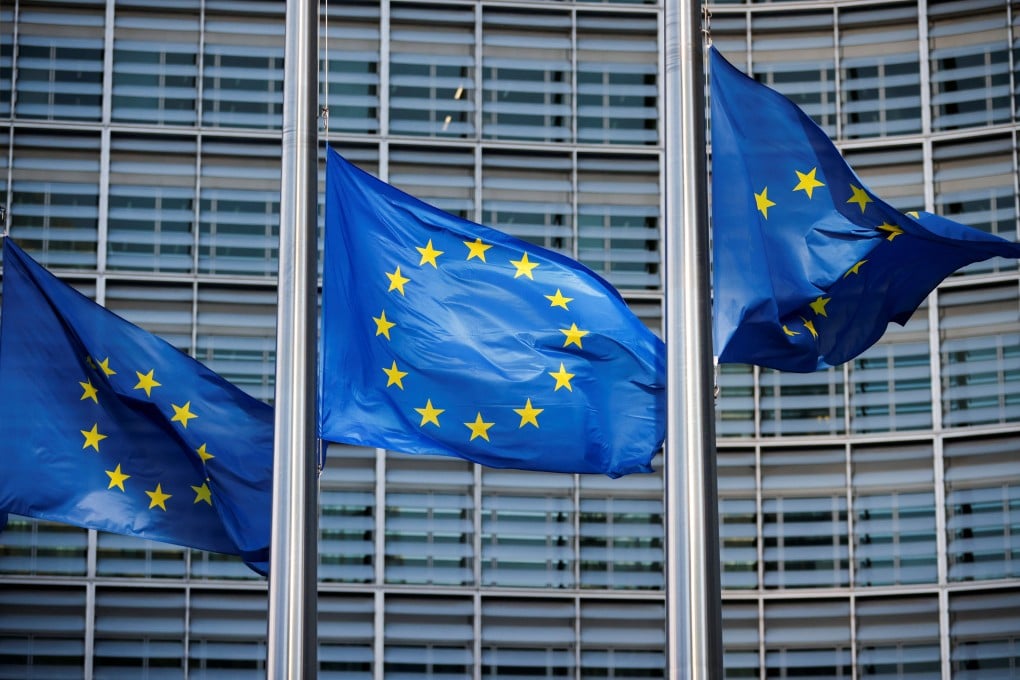EU suspends WTO dispute with China over alleged economic coercion of Lithuania
- Note circulated to intergovernmental body’s members on Friday said bloc wanted to ‘immediately suspend its proceedings’ with Beijing
- Long-running disagreement emerged after Lithuania hosted controversially named Taiwanese office in its capital Vilnius

The long-running dispute emerged after the tiny Baltic nation hosted a controversially named Taiwanese government office in its capital city Vilnius.
Subsequently, Lithuanian companies found the country had been wiped from China’s customs system, with its exports to China almost eviscerated overnight.
“This is a procedural step taken for technical reasons related to the need to assess certain elements arising from the preparation of written submissions,” said EU trade spokesman Olof Gill.
“This suspension is something the EU, as the complainant in this case, can do at any moment in time in the course of WTO proceedings.”
Launching the case in January 2022, Brussels said it had evidence of a refusal to clear Lithuanian goods at customs and a rejection of applications from Lithuania.